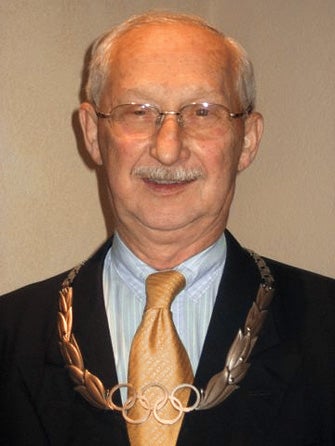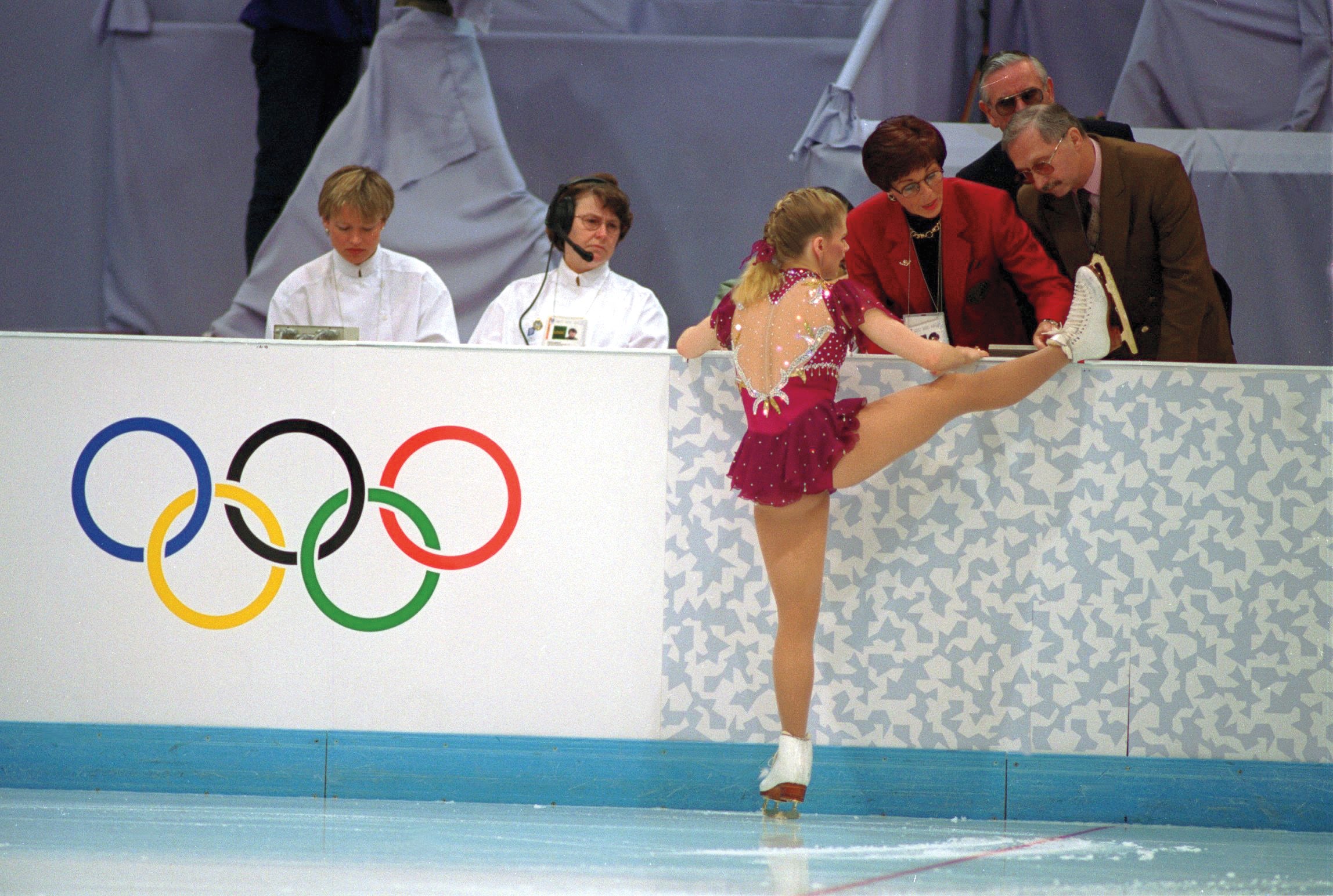Gerhardt Bubník LL.M. ’69 still likes the ice. The former competitive skater hung up his skates years ago but has kept his edge, as a skating judge and then a legal adviser to the International Skating Union—all while building a law practice that spanned three political regimes.
After practicing law in Prague for several years at the same time as he was working toward becoming an international skating judge, in 1968, Bubník became the first Czech to be admitted to HLS.
Only weeks after his arrival in the U.S., while taking a moot exam at an orientation program for foreign law students, Bubník learned that Russian troops had invaded Czechoslovakia. “It was such a blow to me,” he says, “I almost broke down.”
It was several weeks before he could reach his family. They reassured him that they were not in any danger and urged him to complete his LL.M.
Financially, the year was a challenge. With the Czechoslovak currency not convertible, there was “little cash for extras”—even with the law school’s $4,100 scholarship and the generosity of friends. An “unexpected” help was the $570 Addison Brown Prize that he received for best paper in conflict of laws. But, “I had to think twice whether I could take the subway or whether I had to go by foot,” he says.

By the time Bubník returned to Prague in 1969, exit visas for travel outside the country and other freedoms were being denied. Soon job opportunities for lawyers became limited.
But his HLS degree opened doors. “I had learned a more analytical approach to problems,” and colleagues “came to me for advice,” says Bubník. An understanding of U.S. legal practices, and fluency in English and German, helped him get cases, particularly in the areas of international commercial transactions and litigation.
Meanwhile, Bubník also continued to climb the judging ladder, moving from being the ISU championships referee to serving on the ISU Appeals Commission. In 1996, he became one of the two ISU legal advisers, in charge of drafting and interpreting statutes and rules and handling tasks such as TV contract negotiations, contract and business transactions, protection of ISU intellectual property, litigations, arbitrations, anti-doping and other disciplinary cases.
In his legal practice, which was focused on commercial law and international arbitration, Bubník was well-served by his reputation for being tough but fair. That reputation was recognized in the international skating arena, too, where he was involved in several difficult cases.
Among them was a vote-swapping scandal at the Salt Lake City Winter Olympics in 2002, involving a French judge who was allegedly pressured to throw her vote to the Russians in a pairs skating competition. Bubník brought charges after feeling “satisfied that there was cheating—an illegal influence of the judge.” As a result of the incident, the ISU revamped the judging system to prevent future abuses.
In 1990, just over 20 years after Bubník received his LL.M., his legal practice changed dramatically. With the collapse of communism, investors and big companies from around the world came knocking on his door. At the time, Bubník was the only U.S. law school graduate in Prague, and foreign companies such as Philip Morris and Bell Atlantic sought his help with investing or privatizing. He was also appointed an arbitrator in cases in Vienna, Paris, Zurich and elsewhere.
These days, Bubník, 73, still a partner in the law firm Bubník Myslil & Partners, spends most of his time on work for the ISU. Last year he was honored by the International Olympic Committee with the Olympic Order—the highest award of the Olympic movement—for his years of service. “I also still do downhill skiing, golf, tennis and cycling,” says Bubník, “and have been intensively learning bridge.”
He laughs when asked how he’s kept such a pace all these years. “Cold and ice preserve,” he says.
